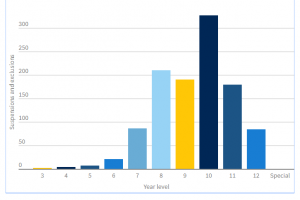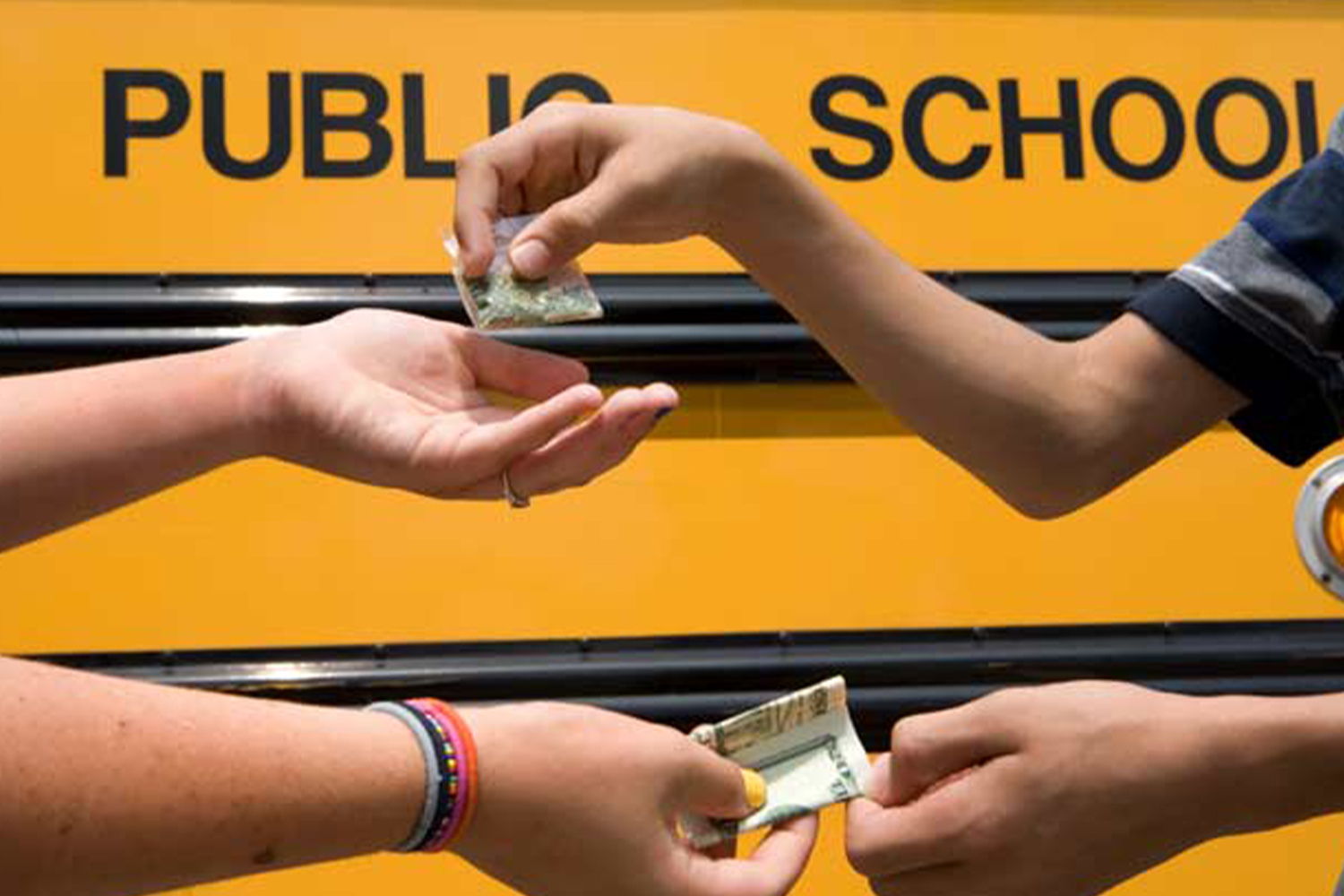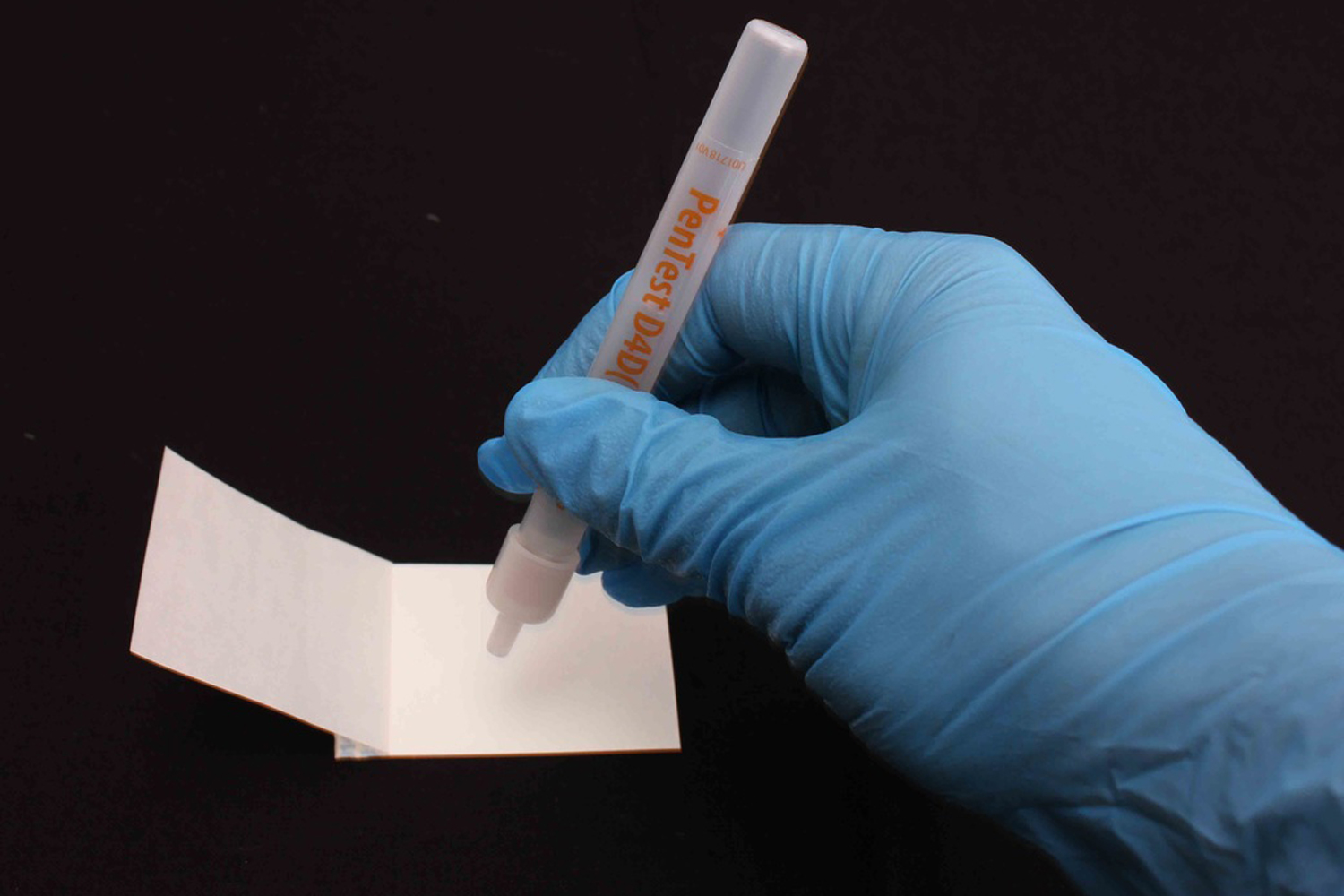We’ve previously looked at the issue of drug use in Queensland schools as use, especially amongst high school students, continues to climb according to a recent report from Education Queensland.
More than 3,000 state school students have been either expelled or suspended after being caught with illegal drugs in the past three years.
Misconduct with an illicit substance in Qld state schools, 2016

Source: Education Queensland
Even more worrying is the number of primary school age children being caught, with 34 incidents across Queensland in 2016.
The most common drug used by students is still cannabis. Worryingly, however, methamphetamine, or ‘ice’ and MDMA (ecstasy) is starting to become increasingly common as these drugs become cheaper and more available, and neighbourhood drug dealers look to cash in.
There have even been cases of dealers lacing cannabis with ice which not only provides a product with a greater ‘high’ than plain weed, and therefore ‘better’ than a competitor’s product, but also creates a new dependence for a drug with much higher profit margins.
Is drug testing in schools the answer?
In this Herald Sun story, Jess tells of her addiction after becoming hooked on ice at 16 years old, how it nearly cost her her life, and the fight to get clean again. In an open letter to other teenagers, she warns that ice causes psychosis and had wiped her memory. She said she wasted some of her most precious teenage years either high or in detox.
“The ordeal that I have been through because of ice is something I wouldn’t wish on my worst enemy.’’ she says.
New figures show the numbers of young people seeking treatment to wean themselves off drugs, including ice, have increased fourfold over five years. Among the children treated was one aged just 11.
There has been plenty of discussion around drug testing in schools but the suggestion that this should be introduced has been largely shot down by state education authorities, civil libertarians, and even by the schools, themselves.
In Australia, there is no legislative or case authority that denies schools the ability to conduct random drug tests. However, in most states and territories, respective Departments of Education generally do not condone schools, government or non-government, to randomly drug test students.
Instead, state Departments of Education advocate education programs and support networks being available to help prevent student drug abuse from going underground which may discourage at-risk students from coming forward for help with a drug issue. Here is the policy developed for Victoria schools.
Study reveals headlines don’t tell the whole story
A recent study by the National Drug and Alcohol Research Centre has found that the number of meth-related deaths has doubled in the past seven years with almost half of these in rural areas.
The centre looked at 1,649 ice-related deaths between 2009 and 2015 and found 43 per cent of those were caused by overdose. The next most common result of death was natural diseases related to drug use, such as heart disease, making up 22 per cent of deaths.
“The thing that’s really important is that each of these deaths had an average of 44 years of lost life, that is they died on average 44 years before their life expectancy,” said National Drug and Alcohol Research Centre’s Professor Shane Darke, of the results.
Early experimenting with drugs is often the beginning of serious addiction if there is no timely intervention to prevent it becoming a serious problem – an problem that will have life-changing affects.
While it’s hoped that schools are doing their part to educate our young about the dangers of illicit drug use, much of the responsibility still lies with the parents and often the extended family of venerable kids.
A very small proportion of parents are actually part of the problem, but the vast majority of parents are worried about the presence of drugs in our schools and wider community and how their kids may be tempted to experiment.
As a parent the best thing you can do for your own children is keep the lines of communication open and honest.
A bit of the fear about the possible consequences of taking drugs may be enough, but if that isn’t working, or you are suspicious that a child or someone close may be using or experimenting with drugs, early intervention may prevent them from life-changing addiction.
Testing someone for drug use
An initial surface drug test allows you to test the possessions or surfaces that the person has come in contact with. This can be done discreetly and a result is available in seconds.
The Narcotect D4D PenTest surface drug test kit also enables you to test for a number of illegal drugs, including ice, cannabis, ecstasy, amphetamines, cocaine and opiates, in a single test.
If a positive result is indicated, follow-up testing using urine or saliva tests can be used for confirmation of drug use, as well as an ongoing deterrent.
For more information on how to purchase Narcotect surface, saliva and urine drug test kits click here.
We do understand that this is a particularly sensitive issue and suggest that you seek further professional help. For further information, these websites are a good starting point.
National Drugs Campaign – Australian Government Department of Health
Australian Alcohol and Drug Foundation



